How to Invest in Real Estate and Build a Multi-Property Portfolio
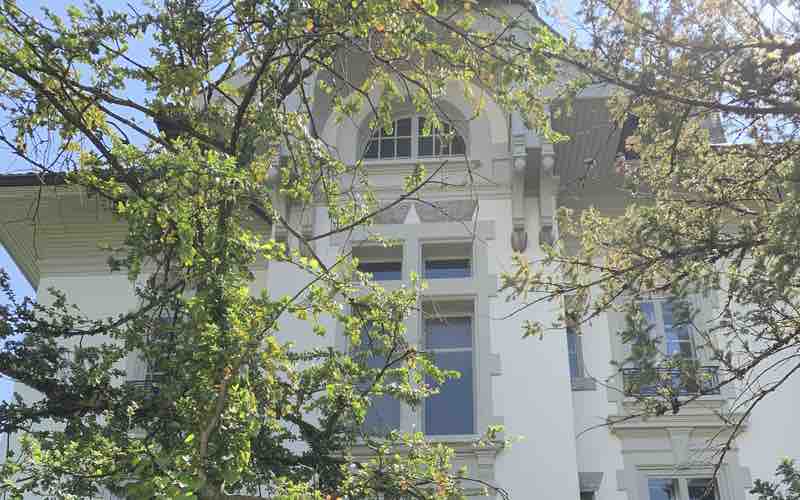
Having the freedom to say goodbye to a stressful job should be a liberty for all workers. Yet, the reality is that most of us are tied down by financial constraints.
But somewhere there is a selective group of individuals who found ways to make it work. Today I have invited Corinne from My Jearney to share her secrets on how she achieved financial independence (FI) through real estate investing.
Owning multiple properties is the generally accepted standard for growing wealth. I, too, have thought long and hard about investing in rental real estate.
However, having had gone through the stress-induced experience of being a homeowner, I just couldn’t imagine myself managing more than one property.
That’s why I’m so happy to hear Corinne’s thought on this while learning from her experience. Hopefully you’ll gain some insights about real estate investing as well as inspiration to carve your own path to wealth!
(Note: While Corinne resides in Australia, most of the principles in regards to real estate investing generally apply across developed regions.)
This post may contain affiliate links, which means I may receive a commission, at no extra cost to you, if you make a purchase through a link. Please see my full disclosure for further information.
The Chronicle of a Real Estate Investment Journey

1. Please tell us about yourself. What motivated you to start a blog and what is the aim of your website?
Hi, I’m Corinne. I’m a property investor and a blogger from Australia, with a focus on side hustles. Back in 2017, I left my traditional 6-figure job as it was causing me too much stress. I then took a “gap year” to reflect and sold one of my properties so I had money to live on while I figured my life out.
Next, I traveled to Scandinavia to escape for a bit and upon coming back, I was looking for mental stimulation again. I started teaching English online after reading a blog post about working from home.
I was skeptical to begin with but I was surprised at how well it paid and always on time. And the fact that I could do it from home was sensational!
This inspired me to start my blog to share my journey and tips to thrive even outside of the confines of 9-5.
2. You’re an avid real estate investor. Please share your story on how you got there and how big is your investment portfolio now.
Here’s a snapshot of my investing journey and how I got started. I only own three right now. At one point, I owned four and co-owned another. It’s not many but the capital growth is what really made a difference.
Early 2000 – I was flat broke
2007 – Started a government job close to home that allowed me to pay off my car loan, my credit card, and save up for a 10% house deposit (my own money + government grant for first home buyers).
2008 – Bought my first property in Sydney for $280,000 (no stamp duty* due to being a first home buyer). Rented out six months later.
2012 – Bought second property in Sydney for $335,000 with 10% deposit (paid stamp duty* and lender’s mortgage insurance due** to deposit being less than 20%)
2014 – Got property 1 revalued for $450,000 (60% capital growth), refinanced property 1 to release equity (Line of Credit) as deposit for property 3. Signed a contract for an off-the-plan property (new build) in Queensland for $374,500. Put down 10% (no stamp duty as I’m the first owner).
2015 – Got property 2 revalued for $450,000 (34% capital growth), refinanced property 2 to release equity (Line of Credit) as deposit for property 4. Signed a contract for another off-the-plan property (new build) in Queensland (major city) for $390,000. Put down 10% (no stamp duty as I’m the first owner).
2016 – Property 3 & 4 settled. Property 3 valued at $400,000 upon completion (6.8% capital growth). Property 4 valued at $400,000 (2.5% capital growth).
2017 – Resigned from my six-figure job. Sold property 2 for $642,000. Netted approx $250,000 in profit (after tax and all expenses!).
2018 – Bought a house in a major city (property 5) with my husband for $690,000. Put down 20% deposit so only had to fork out money for stamp duty but no lender’s mortgage insurance to pay.
2020 – Sold property 5 for $700,000 (not much growth – you win some, you lose some, I guess!). Broke even and got our full deposit back. Will buy a bigger place in the country in the next few months.
* Stamp duty is property transfer tax.
** Lender’s mortgage insurance is a fee you pay to the lender if your deposit is less than 20% of the property purchase price.
3. Why did you sell Property #5 so quickly instead of holding onto it for longer?
We sold property 5 quickly because we wanted to buy a place in the country in the next few months. Property 5 had 3 bedrooms, a small yard, but only a 5-minute drive to the centre of the city and for that price, we can get something bigger in the country. We actually had dream tenants who wanted to stay on. Property 5 was owned by both me and my husband.
I bought four properties when I was still single and my husband had his own before we even met.
The house we’re currently living in (15-minute walk to the city) belongs to my husband. And he plans to sell it, too, so we can increase our chances of buying our dream home in the country.
We love the outdoors and we’re planning to expand our family as well. So we’re looking for a house and land big enough for a young family and a dog (or two!).
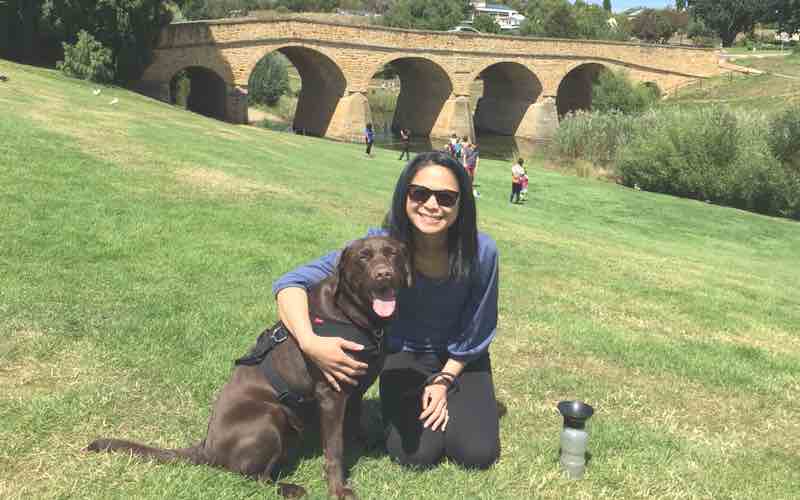
4. Wow! That’s an incredible journey! What were some of your feelings when you first entered the real estate business? Were you nervous or worried at all? What were some of the risks you’ve foreseen before starting?
Thank you. It sure was hard work though. Mindset was perhaps the hardest thing at the beginning.
I doubted myself so many times because not that long before I bought my first property, I was actually broke. Like flat broke!
I thought I didn’t have it in me to buy a property on my own, let alone four.
But I started hanging around property investors at work and I got myself a mentor. My accountant, mortgage broker and conveyancer were all property investors as well and I learnt a lot from them.
There are many risks in property investing. But the ones that made me really nervous were tenants trashing my place or being behind on rent.
And both happened to me not once but three times! It was confronting having to tackle something like that but fortunately, my landlord insurance saved the day! It didn’t make it any less daunting though.
Positioning a Real Estate Portfolio for Growth

5. How are your loans structured?
I use a mortgage broker to help me structure my loans. Best of all, they’re free! I’ve been using the same one since 2014. Here is the breakdown:
Property 1 – Principal & interest (variable)
Property 1 Line of credit – Where all rental income goes into and all mortgage repayments/expenses get paid out of (for all three properties)
Property 1 offset account – Savings that offset the mortgage amount which lowers the repayments
Property 2 (Sold)
Property 3 – Interest only (variable)
Property 3 offset account – Savings that offset the mortgage amount which lowers the repayments
Property 4 – Interest only (fixed)
Property 4 offset account – Doesn’t make much of a difference as repayments are fixed but it’s good to have it there for safekeeping.
Property 5 (Sold)
6. What’s an ideal rental yield (i.e. return)?
This could be debated until the cows come home but I usually opt for at least 6% gross in the suburbs, and about 4% net, especially when starting out. If it’s in the city centre, anywhere between 3-5% gross yield is acceptable. It’s not always possible but obviously, the higher the yield, the better.
Anyway, rental yield is how much rent money you get to keep after all of your property investment expenses.
Gross Rental Yield:
Rent x 52 (weeks) / Purchase Price = x (100)
Net Rental Yield:
52 (Rent – All Expenses) / Purchase Price = x (100)
Over time though, the property value and the rent will increase but your loan will stay the same, which is what I love about property investing!
But you have to do thorough research on the area before you buy a house there. I always try to make sure that there are some promising activities happening there to warrant growth and demand.
7. What are the gross yields of the properties you’re currently holding?
Property 1 – $400 rent/week = 7.4%
Property 3 – $425 rent/week = 5.9%
Property 4 (city) – $400/week = 5.3%
If they’re all unencumbered (paid off), then that’s $1225 gross rent a week. I don’t pay off the principal loans because my savings in offset accounts already lower the principal loans.
Plus, the interest I pay is tax deductible. And like I said, there are many other things you can claim as tax deductions.
Managing a Real Estate Portfolio

8. It sounds like a lot of your wealth is tied to real estate. What do you do when you need money for emergencies?
If I need money for an emergency, I can essentially use savings in the offset account without going through the trouble of a redraw facility. I never use a redraw facility, by the way.
A redraw facility is simply taking money out of your principal loan. You have to check with your lender if they offer this service.
Related: Lower Financial Stress by Having an Emergency Fund
9. Do you think tax refund played a significant role in your decision to enter the real estate market? What is the highest and average refund you received in a year?
Not at all, actually. It is an incentive but it’s only one of the incentives and doesn’t play a huge part in my buying decision, to be honest.
I went into property investing to chase financial independence come retirement and not chase tax refunds in the immediate future.
Property investing, for me, is a means to receive passive cash flow and profit through capital growth (should I sell in the future).
The highest tax refund I have received in a year was over $10,000. Of course, it varies, but I always get money back nonetheless. The average tax return I get varies between $3,000 and $5,000. But there was a year where I actually only received about $1,000, which wasn’t a bad thing!
It simply meant that there were less tax-deductible expenses (repairs and such) on my properties for that financial year.
10. As of today, what are the market values of your three properties?
2020 – my properties are now valued at $620,000 (property 1), $425,000 (Property 3) and $420,000 (Property 4). I ask the mortgage broker to order valuations for me every couple of years.
I’m also still living off the profit I received from selling properties 2 and 5. I’m quite a frugal person and I don’t buy much, hence, I was able to make the money last this long. At this rate, I can still go on without a job for another 3-4 years, giving me time to work on my blog without worrying about money.
Tips for Success

11. What is the key success factor behind your triumph in real estate investing thus far?
I try not to sell properties if I can help it but it’s nice to know that they’re there if I need them. I’m very fortunate my husband has an investment property himself so he totally gets me and is very supportive.
I’ve also looked after my tenants well that’s why many of them have been there for years. Having a good relationship with them reduces drama and makes it easy to deal with them if there is.
12. What are some of the tips you can give to new investors?
As for tips for new investors, my mentor couldn’t have said it any better. “Just bloody well buy something!” It’s pretty blunt but just dive in.
In saying that though, I would add that even a bit of research is better than no research at all.
Know your locations, know your demographics, know your numbers, haggle like a crazy person and please buy landlord insurance.
For example, if you have a 1-bedroom unit in the middle of the city, you wouldn’t want to market that to a family of four.
And if your tenant happens to be a young adult who could have a propensity to hold parties at home, then take the highest level of insurance. It will protect you and it is tax deductible so why not?
13. Is there any last words of wisdom that you would like to share?
It’s so cliché but I will say it anyway, “If I can do it, so can you.” I didn’t come from a well-off family; my parents didn’t know much about managing money and I was deep in debt that I couldn’t even afford to pay for my train ticket to work on my credit card.
If you’re reading this and would like to invest in property, I hope you have found a glimmer of hope in my story. I’m cheering for you!
Key Takeaways
I want to thank Corinne tremendously for sharing with us her story – it’s truly inspiring!
Corinne went from being broke to owning a multi-property portfolio in just ten years’ time and was able to quit her stressful job.
My key takeaways from this interview are to do proper research and not be afraid to take risk if the risk is warrant. It would also be helpful to have a mentor or seek professional advice from those who have made it.
I hope you found this interview insightful!
If you want to learn more about real estate investment tips and side hustle opportunities, check out MyJearney.com.
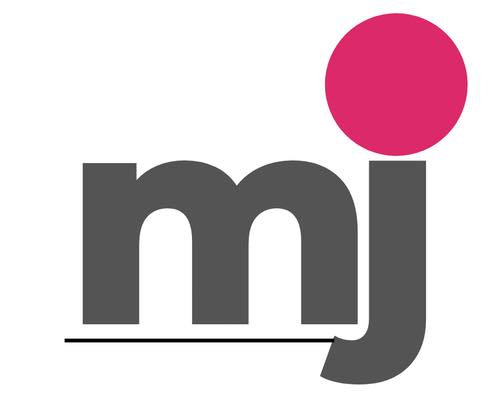
To start your own blog with self-hosting option, check out Bluehost which is the web host I use for this blog. For a complete list of blogging tools, check out the Resource Page.

Love it? PIN it
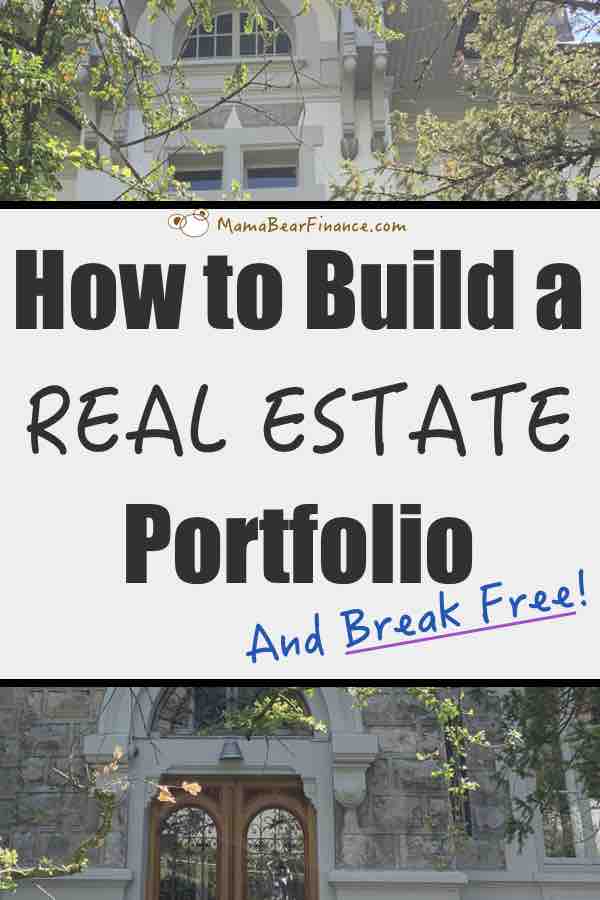
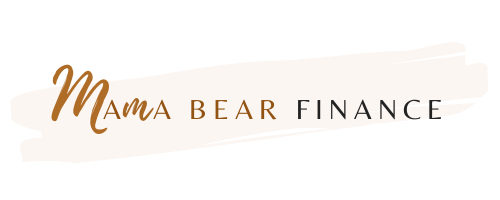
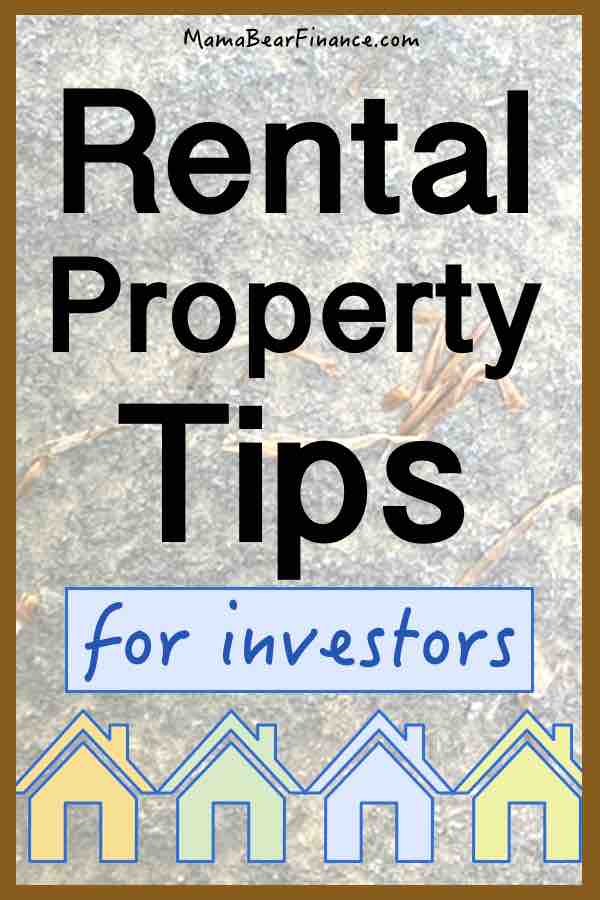
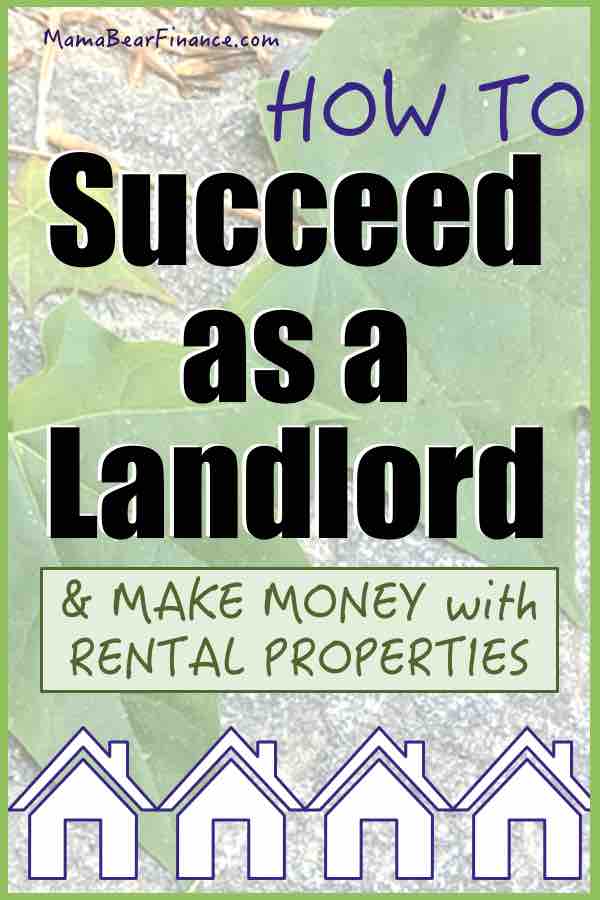
I was a real estate investor for many years. I have thought about getting back into it. I loved it!
Wow, this is really interesting! I really have never given much thought to real estate development, but this post has perked my intrigue. Thanks for sharing!
We thought about investing in rental properties for awhile, but decided against it. We’ve done pretty good with investing in the stock market. As soon as the market fell because of Covid we immediately invested. We’ve more than doubled our money so far, and it’s only been invested for 3 months.
That’s really good to know! Stock market generally yields higher return than real estate, but real estate is a tangible asset so it’s also worth considering.
What a fascinating guest post. I love this idea of property investment for additional income.
Thanks!